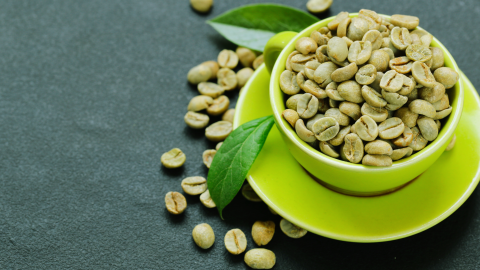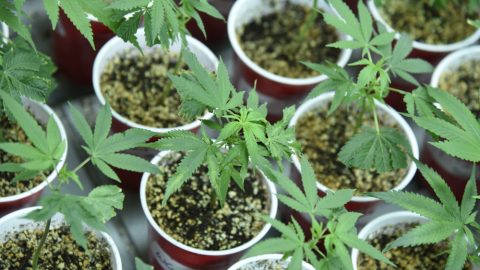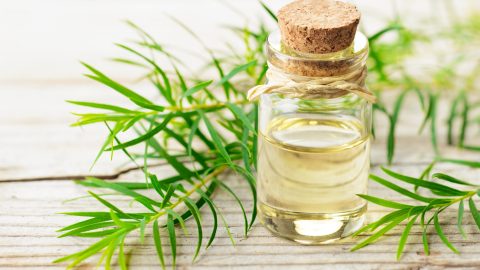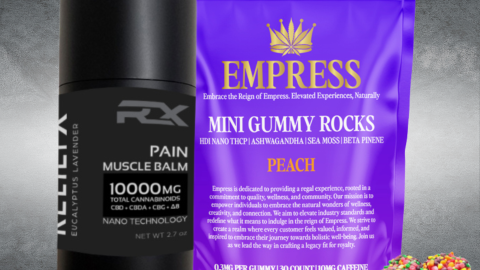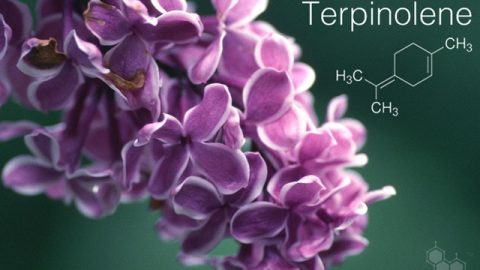Welcome to CannaGlobe’s Weekly Hit, your preferred guide to the world of good health through Cannabis and Mushrooms.
One of my longest friendships was with Dr. Hall, a pediatrician. Over the past nine years, he transitioned out of a 25-year career in medicine due to his concerns about the corruption in big pharma and the dangerous side effects of many drugs. From him, I learned a great deal about healthy, natural solutions that should be part of our daily lives. He advocated for drinking raw milk, avoiding fluoride in water and toothpaste, being cautious with most vaccinations, and recognizing that over 90% of illnesses in the United States are food-related due to the chemicals and toxins we consume daily. Dr. Hall was also a strong advocate for mushrooms and supported all things natural while opposing anything chemical.
Lion’s mane mushrooms are large, white mushrooms that resemble a lion’s mane, particularly the species Hericium erinaceus, which is the most commonly available. These mushrooms, resembling white pom-poms, are popular in Asian countries like Korea, Japan, India, and China for both culinary and medicinal purposes. They are available in grocery stores, restaurants, and supplement shops, and have a seafood-like flavor. They can be eaten raw, dried, or cooked, and are also available in powder, liquid, and capsule forms. Lion’s mane mushrooms are rich in vitamins such as thiamine, riboflavin, and niacin, as well as essential minerals like manganese, zinc, and potassium. They are believed to offer multiple health benefits.
In traditional Chinese medicine, lion’s mane mushrooms have shown promise in lab and animal studies for treating various conditions, although human research is still in the early stages. Preliminary evidence suggests these mushrooms might help reduce inflammation, combat cognitive decline, and alleviate anxiety and depression. They also show potential in nerve regeneration, managing diabetes, and protecting against stomach ulcers, but more research is needed to confirm these benefits.
Lion’s mane mushrooms have a long history of medicinal and culinary use in Asia and Europe. The medicinal use of mushrooms dates back to 450 BCE when Hippocrates, a Greek physician, discovered their anti-inflammatory properties and their role in wound cauterization, according to a 2017 study in the *Journal of Restorative Medicine*. Lion’s mane mushrooms grow on the trunks of old or dead broadleaf trees, which shed their leaves seasonally. The mushroom consists of a visible fruiting body and a root-like mycelium, both containing health-promoting compounds.
Lion’s mane mushrooms offer numerous health benefits across physical, cognitive, and mental domains. They are a source of bioactive compounds with disease-fighting properties, including anti-cancer, anti-microbial, and antioxidant activities. Studies suggest lion’s mane may protect nerves, regulate blood sugar, reduce high blood pressure, enhance energy levels, prevent blood lipid accumulation, and support heart, liver, and kidney health while slowing biological aging.
Lion’s mane may also be a potential treatment for depression. A 2020 abstract in the *Journal of Molecular Science* suggests it can help maintain sufficient neurotransmitter levels, reduce nerve growth loss from stress, and minimize inflammation linked to depression. Research indicates that people with major depressive disorder have lower levels of nerve growth factor, which is important for mood regulation. Lion’s mane has been shown to increase nerve growth factor, potentially alleviating depression symptoms.
The mushroom may also benefit brain health by protecting against cognitive disorders like Alzheimer’s disease. Classified as a nootropic, lion’s mane contains compounds that improve brain function. Some studies have shown benefits on memory and cognitive function, though results vary. A trial in *Phytotherapy Research* found that adults taking lion’s mane had improved cognitive function, which declined after they stopped supplementation.
Lion’s mane may also aid brain injury recovery. A 2021 study in *Antioxidants* found neuroprotective effects from lion’s mane and turkey tail mushrooms against inflammation and oxidative stress from traumatic brain injury (TBI). This protection might reduce TBI-related conditions like Parkinson’s disease.
Additionally, lion’s mane may help reduce anxiety and stress. A 2010 study in *Biomedical Research* found reduced anxiety in participants consuming lion’s mane. Its nerve growth effect may explain this anti-anxiety action.
Finally, lion’s mane supports gastrointestinal health. It has shown ulcer-inhibiting properties, possibly due to its effect on H. pylori bacteria, as noted in a study in the *Journal of Ethnopharmacology*

